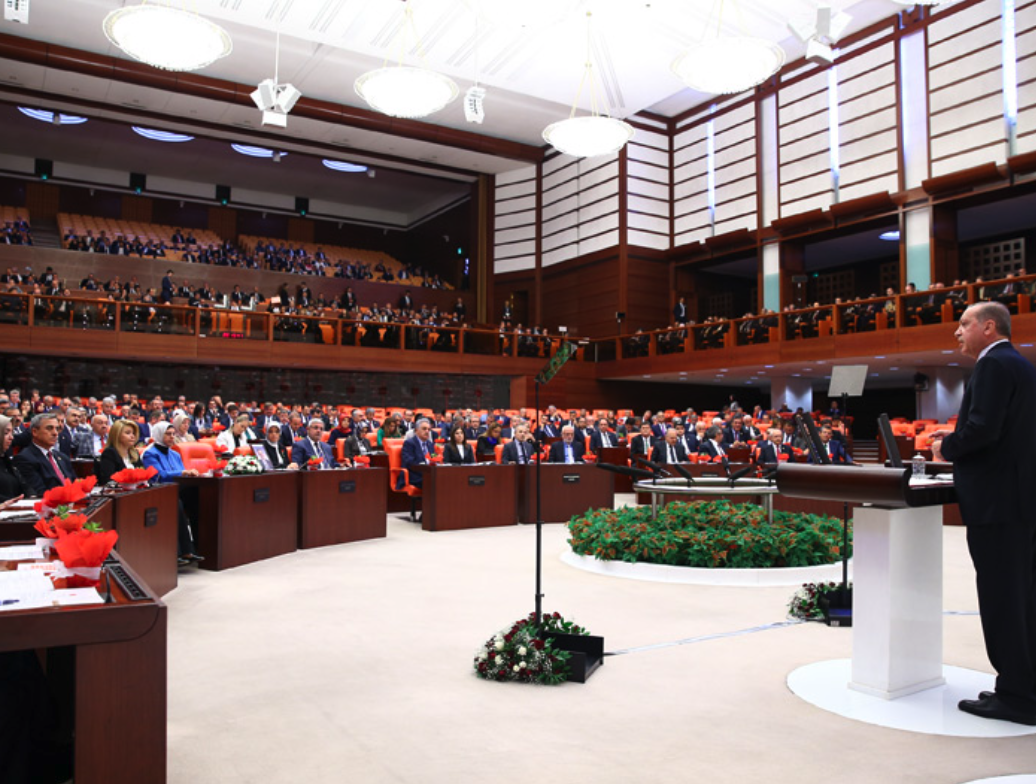Last Sunday, Türkiye’s President Recep Tayyip Erdoğan secured another five years in office after winning the presidential runoff election against the opposition candidate, Kemal Kılıçdaroğlu. While the election was one of the most closely fought in Turkish history, the runoff was a decisive loss for the opposition, which garnered 48 per cent of the vote to Erdoğan’s 52 per cent. Erdoğan is now poised to preside over a pivotal five years for Türkiye. The country faces numerous domestic challenges, including a looming economic crisis and the continued fallout from devastating earthquakes in February. It also has sought to carve out a decisive role for itself in an increasingly unstable world order.
On War & Peace, Olga Oliker is joined by Crisis Group’s Türkiye Project Director Nigar Göksel to talk about how the election unfolded and what to expect from President Erdoğan’s next term. They discuss key factors behind Erdoğan’s win and why the opposition ultimately failed to garner the votes to win. They also talk about the popularity of nationalist parties and the overall mood among voters in the country. Finally, they ask how Türkiye’s domestic and foreign policy might evolve in the months and years to come, and how the country’s assertiveness on the global stage will shape its relations with its Western and non-Western partners.
Olga Oliker speaks with Crisis Group’s Türkiye Director Nigar Göksel about the Turkish elections and how President Erdoğan’s new term might shape the country’s domestic and foreign policy. Listen to the podcast War & Peace here.

